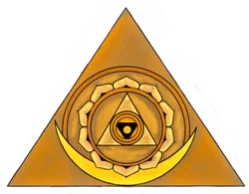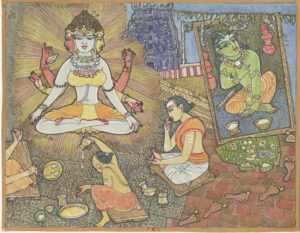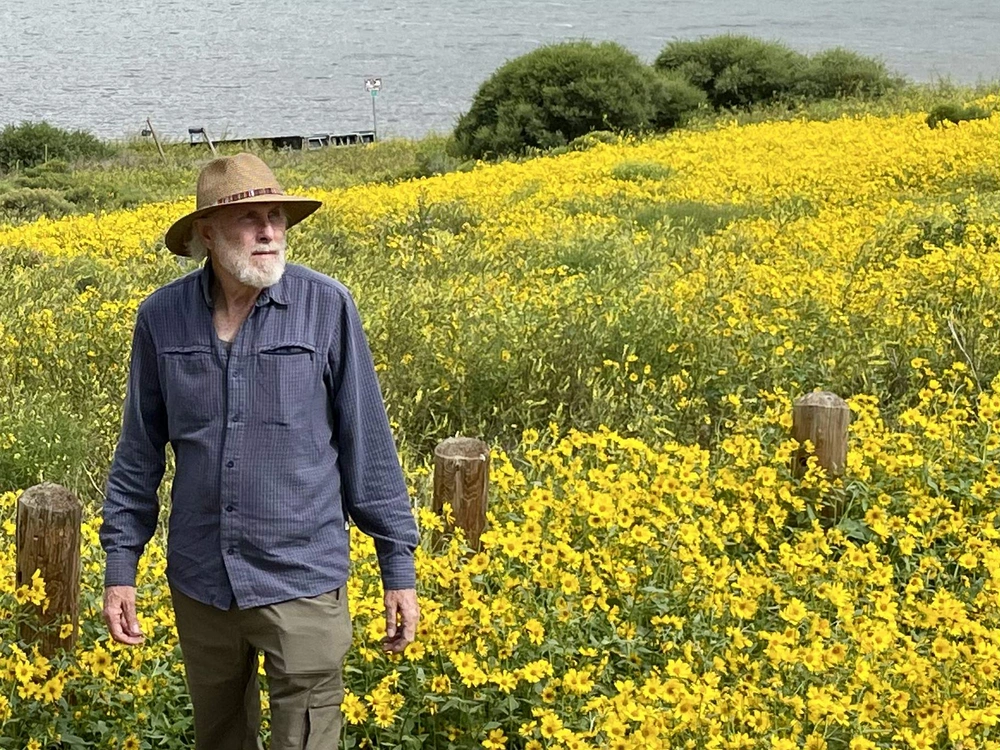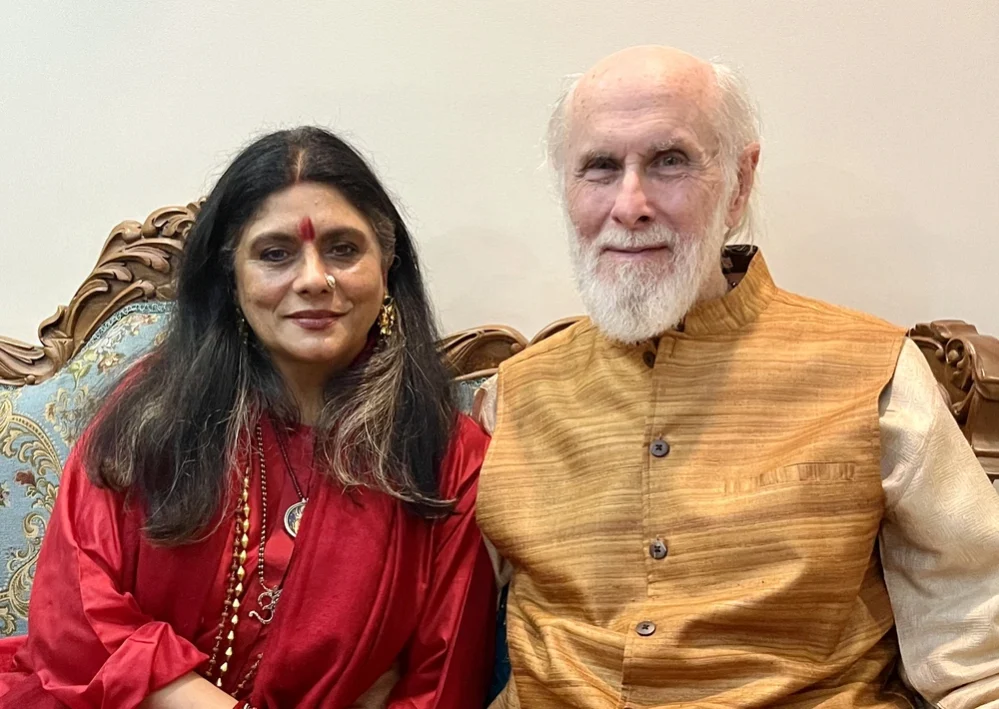The drug addiction problem is perhaps the greatest challenge today for mental health and psychological wellbeing, with the excessive use of both recreational and pharmaceutical drugs. Dependency on drugs is connected with many other issues like depression, anxiety, insomnia, peer pressure, the need to perform, physical or emotional pain and so on. Yet it has assumed a magnitude of its own.
The opiate epidemic is well known and growing, arising in part from over prescription, along with dangerous addictive artificial opiates like fentanyl now becoming easily available. The use of cocaine is popular among the rich and famous and has become a status symbol. Addictions to pain relievers and sleeping pills are common particularly among the elderly. Alcohol is always there for everyone in a great variety of forms. New designer drugs are coming out regularly to treat psychological conditions from depression to attention problems, yet many people are getting addicted to these as well. The drug industry’s expensive investments in product development are mirrored in a powerful advertising push that easily influences people.
This widespread use of drugs reflects current medical views that psychological problems are chemical problems in the brain, for which a specific drug can offer an effective answer. The idea that the human being is a chemical factory gaining happiness only with the right chemical production gives the impression that drugs are the foundation for physical and mental health.
First let me be clear. Yoga and Ayurveda are not against the use of pharmaceutical drugs, particularly for acute conditions of injury, pain, infection or emotional breakdown or whenever medical intervention is required. Let us not be irresponsible about that. However, we should also be careful resorting to drugs uncritically as our first line of defense against issues of mental or emotional imbalances, particularly given to children who are given the impression that drugs can solve their problems and can develop a dependency on these for the rest of their lives.
A Vedic Alternative
To counter conditions that may lead people to drug addictions, we can benefit from a Yogic lifestyle including daily asana, pranayama, mantra and meditation, along with a contemplative use of our senses with natural impressions and a connection with the Earth and the seasons, combined with an Ayurvedic diet and life regimen according to our predominant dosha (Vata, Pitta or Kapha). If we do not nurture our deeper prana and awareness, then we may lose our inner balance and fall into outer addictions through the mind and senses, which provide easy distractions.
The youth today should be taught yoga, meditation, Ayurveda and natural healing as part of a good education to counter the pull towards drug addictions that are increasing in our high tech information and media culture. Best is to start the day with pranayama and meditation to open the mind, and stretching based asanas or inversions rather than coffee or stimulants. Herbal teas can be helpful. Similarly, one should end the day with a gentle form of pranayama, mantra and meditation, along with calming and relaxing asanas, letting go of stress and worry to promote deep sleep.
Young people with an active prana easily develop a strong rajasic energy, drawing them into sensation, entertainment and aggression, which is often glorified in the popular music and media, making them feel it is cool and gains them attention. Our culture as a whole glorifies the rajasic domineering person, with violent movies and egoistic personalities. Our athletes, actors, politicians, musicians and artists often reflect this mentality. Rajasic stimulant drugs like cocaine, methedrine and speed of all types can be part of their lifestyle and are often looked to in order to improve performance.
Our culture similarly glorifies feeling high, intoxicated, or in state of self-absorption oblivious to the world. This is the pull behind the tamasic or sedative type drugs, notably heroin, opiates of all types, sedatives, sleeping pills, even common alcohol or cannabis at times.
Ayurvedic Herbs
There are Ayurvedic herbal alternatives to the drug problem. As these herbs are mild in properties they are more preventative in their usage, not for severe conditions.
- Good herbs to counter tamas or inertia: Tulsi, cinnamon, ginger, pippali, turmeric, haritaki, saffron, skullcap, green tea
- Good herbs to counter rajas or overstimulation: Brahmi, manduka parni, ashwagandha, shatavari, shankha pushpi, sandalwood, jatamamsi, valerian
Sattvic Therapies
Yoga and Ayurveda promote sattva guna, the clear natural state of the mind free from external influences, as the basis of psychological healing and wellbeing. Let us be clear, the sattvic or calm mind does not need drugs to improve mental function. Drugs for acute pain or infections may at times be needed for many people, though only relative to the symptoms.
A sattvic alternative is necessary today. This is one of the most important applications of Yoga and Ayurveda, along with their sattvic approach to healing the mind and emotions. Yoga and Ayurveda for psychological wellbeing, contentment and fearlessness. Needs to become a global movement!
Remember your own mind is first of all the product of your own thought and action. It is not a product of physical or social influences outside of you, though these affect it and can come to dominate. Learn to be friends with your own mind, harmonize it with nature, and use it as a temple for a higher awareness. Then the bliss of pure consciousness can flow through it
The nature of the mind is to seek Samadhi or absorption in a state of happiness, pleasure or wellbeing in which we forget all our other problems. Drugs provide artificially-induced rajasic and tamasic samadhis that cause additions.
Yoga and Ayurveda lead us to the sattvic samadhis of meditation, in which we can rest in the peace, bliss and contentment of our true Self or Atman as the pure light of consciousness. Time to let go of these dangerous drugs and return to experiential spiritual practices that draw into a higher awareness and freedom of mind, not into mere addiction.
Vamadeva Shastri






